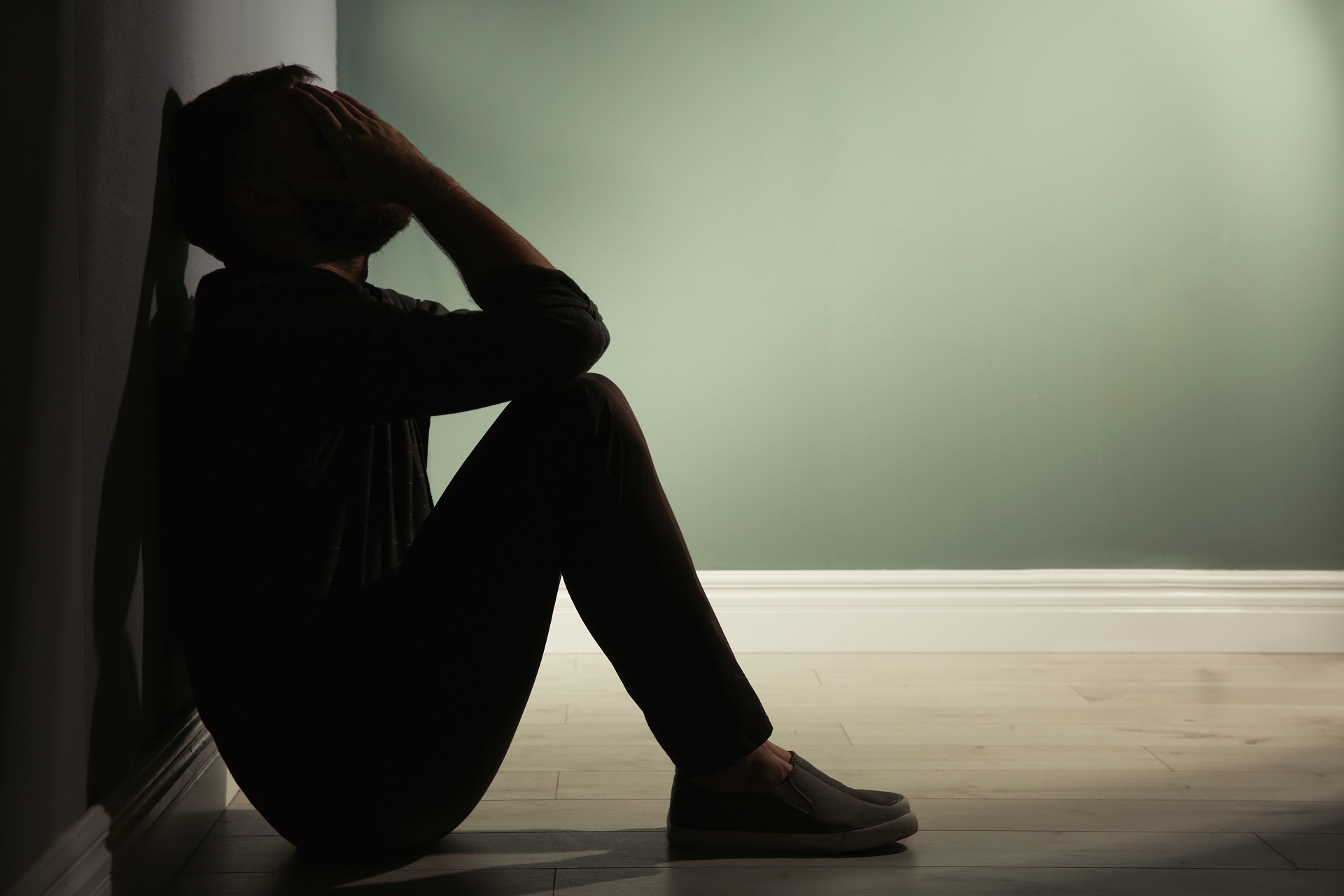
Most successful personal injury suits recover damages from different components of “pain and suffering,” one of which can be emotional distress. Distress is in addition to the more common losses, including medical bills, lost wages, and other things related to physical injuries you’ve suffered.
How Do You Quantify Emotional Distress?
Emotional distress aims to consider compensation for the psychological impact an auto, trucking, or motorcycle incident and injuries have had on your day-to-day quality of life. As you might expect, this list can be long, and the symptoms can be wide-ranging.
Everything from sleep to depression to chronic anxiety is a potential symptom. There is a long list of mental conditions that could dramatically change your daily life following a personal injury incident. Quantifying this depends on how much it’s truly affecting your ability to lead a normal course of life with family, employment, etc.
The Severity of the Incident and Symptoms Matters, Too
If you’re just having a bit of anxiety here or there following your incident, then you likely cannot recover damages for minor symptoms. If you can’t sleep, are battling daily depression or another more significant symptom, then you might be able to pursue damages relative to your level of suffering. A formal, documented diagnosis from a qualified medical professional such as a therapist, psychologist, or psychiatrist could help build your case. A knowledgeable personal injury attorney will help guide you (and potentially help source the appropriate expert) if this route seems like an option for your particular situation.
‘Intentional Infliction’ and Ohio Personal Injury Damage Caps
In some cases, you could file a separate “intentional infliction” claim, accusing the defendant of gross negligence or a clear intention to care for emotional distress in addition to physical harm. However, these are often harder to prove and require complex expert analysis that is likely time and money-consuming.
Ohio has a personal injury damage cap for non-economic losses incurred through an incident. That limit is $250,000 or three times the amount of economic damages, whichever is greater. If you’re the only plaintiff in an Ohio case, you can recover a maximum of $350,000 in noneconomic damages.
Suppose you’ve suffered emotional distress as a result of an auto or motorcycle accident in West Chester, Mason, or Hamilton. In that case, you may be able to recover damages for your symptoms and inability to lead a normal life. Your first call should be to a professional personal injury law firm like the team at Garretson & Holcomb, LLC. Let their years of experience help you understand your best options and scenarios to potentially win compensation. Call 513-863-6600 to learn more.


